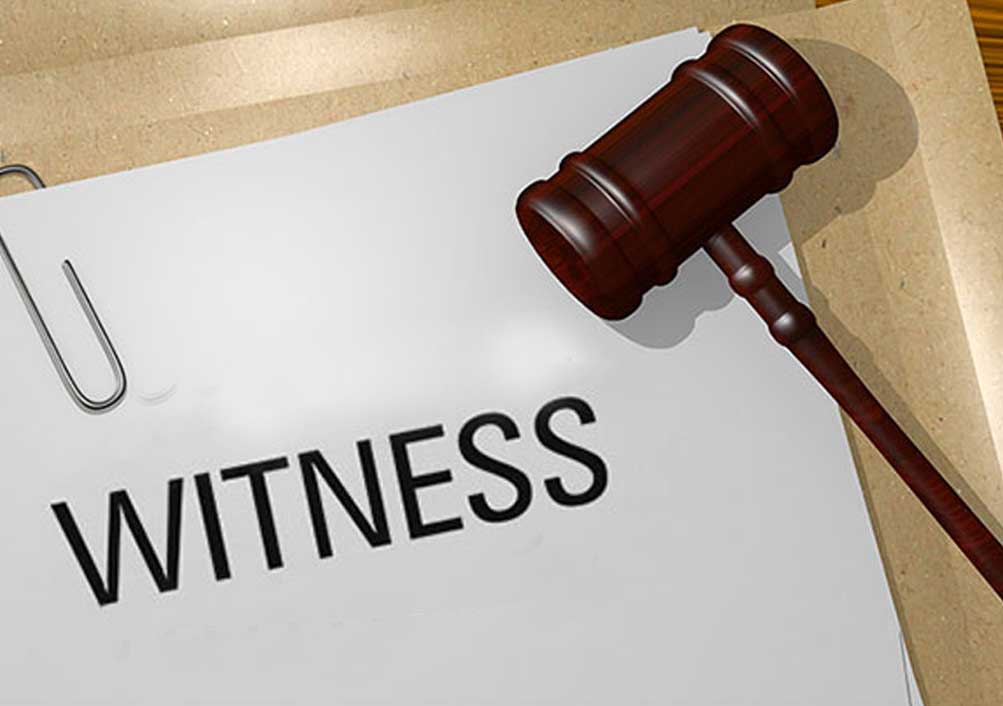Absence of Test Identification Parade may not be ipso facto sufficient to discard testimony of witness who has identified accused in Court: SC

Read Judgment: Jayan & Anr. vs. State of Kerala
Pankaj Bajpai
New Delhi, October 25, 2021: While acquitting the appellants of the offences of allegedly transporting huge quantity of spirit without license, on ground of doubtful prosecution case, the Supreme Court has stated that that Test Identification Parade is a part of investigation and it is not substantive evidence.
The question of holding T.I Parade arises when the accused is not known to the witness earlier and the identification by a witness of the accused in the Court who has for the first time seen the accused in the incident of offence is a weak piece of evidence especially when there is a large time gap between the date of the incident and the date of recording of his evidence, added the Court.
A Division Bench of Justice Ajay Rastogi and Justice Abhay S. Oka observed that T.I Parade may make the identification of the accused by the witness before the Court trustworthy.
However, the absence of T.I Parade may not be ipso facto sufficient to discard the testimony of a witness who has identified the accused in the Court, added the Bench.
The observation came pursuant to appeals challenging conviction for the offences punishable u/s 55(a) of Kerala Abkari Act.
The background of the case was that the accused (Jayan & Anr) was alleged to have transported total quantity of 6090 litres of spirit in 174 plastic cans, without any licence. Further, the allegation of the prosecution was that the truck bearing registration number KLB-7589 was fitted with fake number plates bearing registration number KLY-730 and at the time of the commission of the offence, the truck was being driven by the second accused and that the third and fourth accused persons were accompanying the second accused in the truck.
The Kattakkada Police Station, on being alerted about the incident, proceeded to search the truck. When they located the truck and stopped the same, the accused No.2 who was in the driver’s seat in the truck and the third and fourth accused persons who were present in the truck ran away. The police however, apprehended the second accused who allegedly disclosed to them that spirit was loaded in the truck in plastic cans.
The police could not trace the accused No.3 and therefore, a charge sheet was filed against the first, second and fourth accused. On examining 13 prosecution witnesses, the Additional Sessions Judge (ASJ) convicted the first, second and fourth accused persons for the offence punishable u/s 55(a) of the Abkari Act and sentenced them to undergo rigorous imprisonment for a period of three years and to pay a fine of Rupees one lakh each. The appeal challenging the same came to be dismissed by the Single Judge of the Kerala High Court.
After considering the submissions, the Apex Court found that one Sajan Mathai and Chandran who were the alleged prior owners of the truck were not examined by the prosecution and surprisingly, no investigation was made about the correct registration number of the truck.
The Court also found that the prosecution came to the conclusion about the correct registration number of the truck only on the basis of a photocopy of R.C book allegedly found in the seized truck.
However, as admitted by the prosecution witness, the investigation officer, the said photocopy of the R.C book was not produced by the prosecution, noted the Court.
“A very shocking aspect of the case is that the prosecution did not even produce the record of the RTO in respect of the registration of the truck. Though the chassis and engine number of the truck were recorded in the mahazar, no investigation was carried out to ascertain the correct registration number of the offending truck. Thus, the identity of the truck itself becomes doubtful. The most relevant evidence of the record of RTO showing the name of the registered owner was withheld by the prosecution”, observed the Top Court.
The Top Court found it difficult to believe that the prosecution witness who did not know the second and fourth accused prior to the incident could identify them in the Court after lapse of 11 years, and the same was the case with all the official witnesses.
Therefore, observing that the prosecution had chosen not to produce evidence regarding the correct registration number of the truck and the name of the registered owner thereof, the Apex Court allowed the appeal by concluding that the entire prosecution case has become doubtful.
Sign up for our weekly newsletter to stay up to date on our product, events featured blog, special offer and all of the exciting things that take place here at Legitquest.




Add a Comment